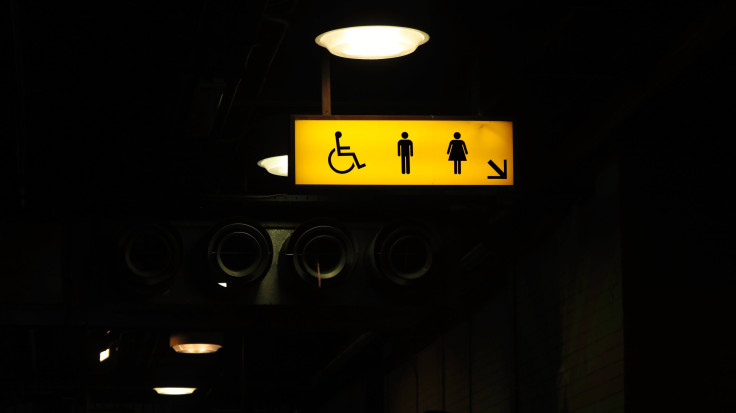Overactive Bladder Diet: 8 Foods You Should Never Eat That Make You Urinate More

We all get the sudden urge to pee after drinking a tall glass of water or a cup of coffee. However, for some of us with an overactive bladder (OAB), there are certain food triggers that increase our trips to the bathroom. Sometimes this depends on how much of these foods we eat and drink.
In the video "Foods to Avoid if You Have An Overactive Bladder," Health Magazine explains eating our way to a healthy bladder starts with avoiding the most common urine triggers. Recognizing these triggers and avoiding them can go a long way when it comes to reducing bathroom trips. Individuals with OAB have bladders that are sensitive to food irritants that make it tough to tame.
Read More: How Often Should You Pee? Experts Talk Overactive Bladder, Bathroom Habits
For example, cranberry juice is known to fight off bladder infections, but it can be dangerous for OAB. The juice is a diuretic, which means it may make patients urinate more often than usual. Moreover, the berries' acidity can irritate the bladder, leading to discomfort and the uncontrollable urge to go to the bathroom.
Coffee and alcohol are two other drink culprits that irritate the bladder. Although most start their day with coffee, previous research has found drinking more than 250 milligrams of caffeine daily can cause urinary urgency and frequency. Meanwhile, alcohol like wine can trigger a leaky bladder for two reasons: it's a diuretic; and tannins in wine add both bitterness and astringency, bladder irritations that can cause OAB patients to experience discomfort.
Sugar may be sweet, but not on our bladder. Sugary foods that contain honey, corn syrup, and fructose can irritate the bladder, according to John Hopkins Women's Center for Pelvic Health. Artificial sweeteners are no better; they can also lead to urinary incontinence.
A healthy bladder starts with making diet changes that will halt and not speed up the urge to pee.
Click on the video above to learn more about other food culprits that irritate the bladder.
See Also:
Overactive Bladder May Be Linked To Bacteria In Urine
Female Urinary Incontinence: The 4 Types, Plus When It's Time To Go See A Doctor



























